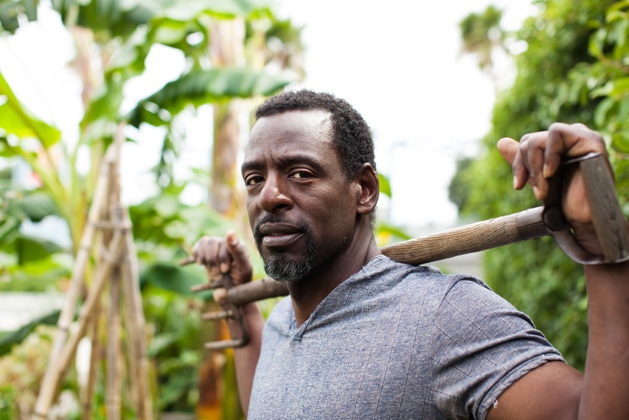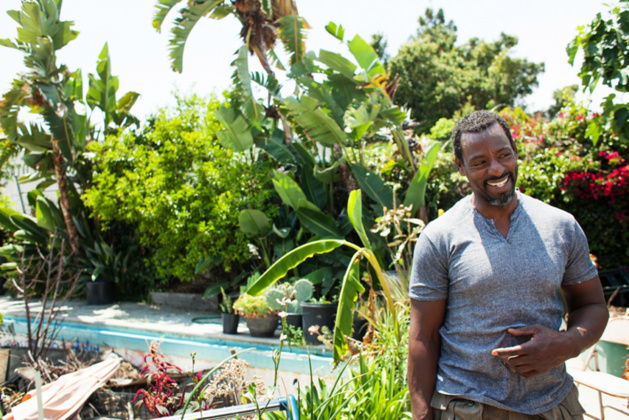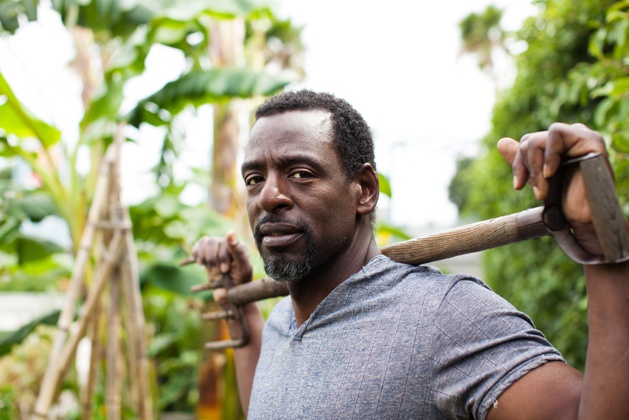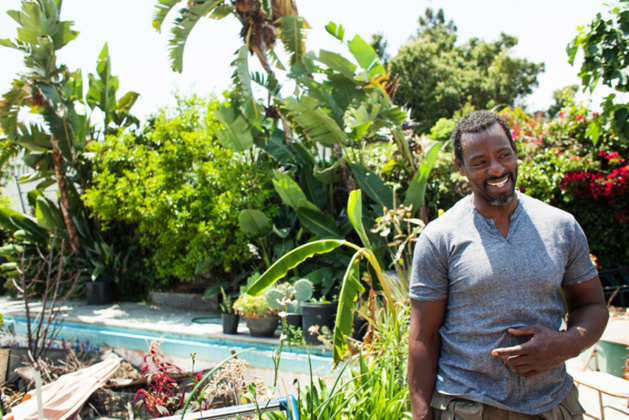
Credit: audioboom.com
On May 25 this year, the police of Berlin found approximately 700 cannabis plants illegally planted in a park in the district of Köpenick. This savage – and in this case illegal – culture in green spaces for public use are sowing the seeds of doubt: could this be a case of guerilla gardening?
It is a basic principle: the idea is to grow one’s own fruits and vegetables. But it is the undefined aspect that makes guerilla gardening attracting and, indeed, is behind the resounding success of the concept. From their most sophisticated form such as the ”community gardens”, in which case neighbours and friends get together to grow their legumes, all the way to the strips of dirt for cultivating along the pavement – green spaces in urban areas have become the playground for the enthusiasts of a century-old concept.
From agricultural practice to an anarchic concept
Indeed, the concept of guerilla gardening is older than one would believe. Richard Reynolds, a famous guerilla gardener from Britain, claims in his book On Guerilla Gardening that the concept is already more than 360 years old. However, only in the 70's did it truly take root and invade the pavements and the streets of big cities. During the last ten years the phenomenon has begun its green revolution, and has reached a remarkable success, especially in response to the ravaging flood junk food and agricultural practices that are known to constitute a health hazard.
Ron Finley, an American from a rough neighborhood in Los Angeles, has decided to fight by means of guerilla gardening. The media has started calling him the "legend" of the movement. Although he seems to wish to move out of the role of a leader, Ron Finley is a strong voice telling people how important it is to take up arms - shovels and mattocks - and cultivate their own crops.
Just over five years ago, tired of junk food disasters and watching plagues of morbid obesity wreak havoc and bicycles disappear to give way to electric scooters, the man in his forties decided to launch his own "eco-lution". Despite the prohibition of the activity considered illegal by the city administration, Finley and his association LA Green Ground managed after all to save the project, thanks to a petition that echoed loud and far, and thus they were able to continue the activity, awaken people's consciences and grow vegetables at the ends of sidewalks.
An "eco-lution" with urban nuisance

Through the ecologic activism, a well-defined purpose is plain to see: to make it possible for everyone and anyone to enjoy self-sufficiency. For Finley, "planting one's own food is like printing one's own money". Nevertheless, the guerilla gardeners are aiming for bigger goals. They believe in the therapeutic effect of gardening: the activity teaches the benefits of a balanced diet and the use of organic products to new generations - those that starting from an early age are victims of the cheapness of junk food.
The community gardening initiates a feeling of a district community among them, a sense of interaction between neighbors and home gardeners for a good cause in the spaces that Finley calls "food deserts". This is mentioned in his publication as a part of a TedTalk: "I'm not afraid people will steal my vegetables, that is exactly why they are out in the streets!"
The networks of guerilla gardening are helping to bring up the question of a lack of space in urban areas, and especially the lack of green spaces. Overpopulation and impoverishment in peripheral areas of big cities is a growing problem, more or less critical according to certain metropolises, and the rake guerillas are trying to resolve it in their own way.
The guerilla gardening has taken off during these last ten years because it is sadly contemporary: it lives with the times, the times in which it is sometimes cheaper to eat at McDonalds than buy five fruits and vegetables per day. This could be why guerilla gardeners can be found on every continent of the world. Today, the garden criminals form an international army, from London to Sao Paulo, from Toronto to Istanbul, and try to make the dietary habits of everyday life a little more sane and colourful.
For some, these savage crops are a direct translation of the society that does not obey the rules of living together anymore. Others say they have become indispensable. More than a road leading to gratuity - Ron Finley himself says that "gratuity is non-sustainable" - the guerilla gardening is "using the dirt as a canvas in order to express one's art".





























